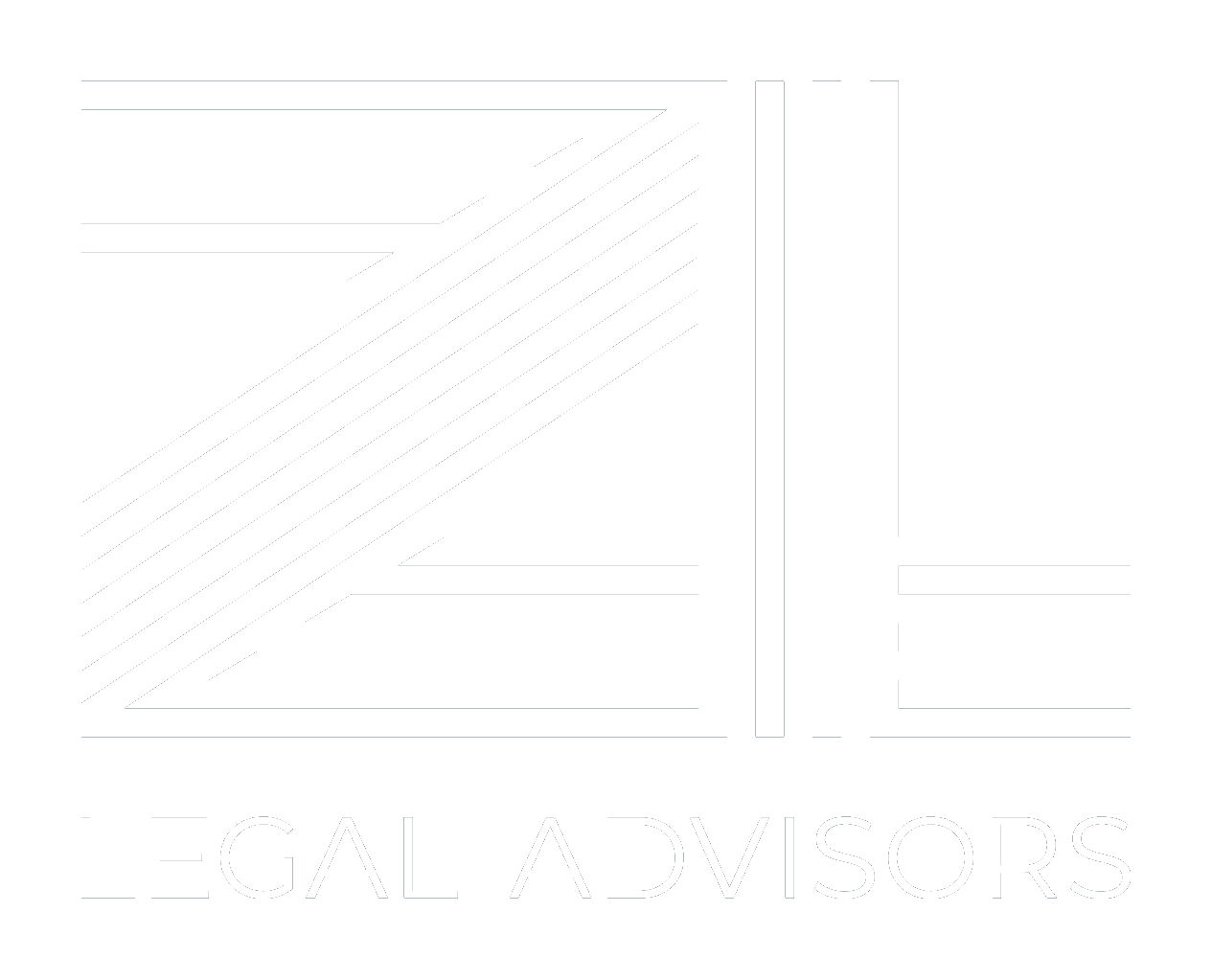Salary transparency has long been a topic of great interest to both employees and employers. Until now, Polish labour law regulations have not comprehensively addressed the issue, making it necessary to rely on court rulings. On the one hand, these rulings emphasise the importance of salary information from the employee’s perspective (as the employee’s personal right) and mechanisms that employees should have to verify whether a company’s pay policies meet equal treatment standards; on the other hand, they highlight the employer’s interest in protecting trade secrets. It can be a challenge for organisations to meet all these requirements.
Salary transparency has become a key regulatory issue at the European Union level. Directive 2023/970 on strengthening the application of the principle of equal pay for men and women for the same or equivalent work through pay transparency and enforcement mechanisms requires EU member states to introduce appropriate legislative measures. The deadline for implementing the directive into national legal systems is June 7, 2026.
At the beginning of 2025, the Polish Parliament (Sejm) began work on a parliamentary bill amending the Labour Code. After the first reading, the draft was referred to the Codification Committee. The amendment introduces significant changes in the area of salary transparency, including:
- Employees’ right to salary information – employees will have the right to request information from their employer about their individual salary level and the average salary for positions of the same or equivalent nature. Employers will be required to inform employees of this right annually.
- Requirement to disclose salary ranges in job offers – employers will have to specify the minimum and maximum salary levels in published job advertisements.
The current draft bill represents only a partial implementation of Directive 2023/970. It lacks many key provisions outlined in the Directive, which has drawn criticism from public institutions, employer organisations, and trade unions. A main criticism concerns a lack of measures addressing the gender pay gap – the bill does not provide mechanisms for monitoring and reporting gender pay disparities, which was the primary goal of the Directive. It is also pointed out that the bill was introduced as a parliamentary initiative, despite previous work by experts appointed by the Ministry of Labour to develop the Directive’s implementation framework. Further legislative work may expand the scope of regulations to fully align Polish law with the Directive’s requirements.
Employers should already be analysing the potential impact of the proposed changes on their organisations. This includes reviewing their compensation structures to ensure that current pay systems align with new transparency and equality requirements. Additionally, companies will need to adjust their recruitment processes to incorporate salary ranges in job postings. Employers must also develop internal procedures that allow employees to access salary-related information, ensuring they can exercise their new rights effectively.
According to the current draft, the new regulations would take effect six months after their official announcement, meaning that the legislative process should be concluded by the end of 2025. Organisations that do not yet have structured salary systems or tools to monitor pay equality should begin preparations as soon as possible.
The planned changes to salary transparency regulations present a significant challenge for employers but also offer an opportunity to enhance fairness and clarity in pay policies. Although the current bill does not fully meet the Directive’s standards, further modifications can be expected during the legislative process. Employers should actively monitor developments and prepare their organisations for the new regulations to ensure compliance with future legal requirements.
Dariusz Zimnicki, Partner at ZL LEGAL Legal Advisors, contributed to this review.






